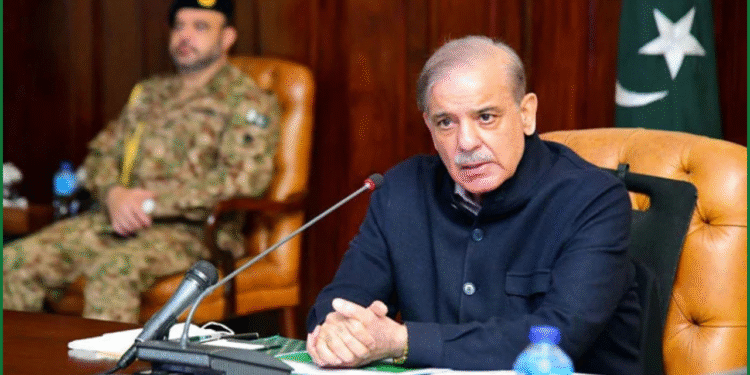Islamabad, May 13, 2025 — Prime Minister Shehbaz Sharif has summoned an all-parties conference (APC) today at noon in Islamabad to forge a unified national strategy following the recent ceasefire and military engagements. The meeting aims to bring together political leaders to discuss Pakistan’s security, diplomatic initiatives, and long-term plans in the aftermath of Operation Bunyanum Marsoos.
A Unified Approach to National Security
The APC will serve as a platform for the prime minister to update political stakeholders on the current regional situation and outline Pakistan’s post-war roadmap. Official sources indicate that discussions will focus on strengthening the country’s defense posture, enhancing diplomatic outreach, and addressing the socio-economic impacts of recent conflicts. The conference underscores the government’s commitment to inclusive decision-making during a critical juncture in Pakistan’s history.
Commemorating Valor and Sacrifice
The announcement of the APC follows Prime Minister Sharif’s recent declarations marking May 10 as Marka-e-Haq Day and May 16 as the Day of Gratitude. These days honor the bravery and sacrifices of Pakistan’s armed forces and civilians during recent military operations. May 10 celebrates the armed forces’ professionalism and courage, while May 16 will feature nationwide prayers to express gratitude for the nation’s resilience and to seek divine blessings for Pakistan’s prosperity.
Comprehensive Relief for War-Affected Communities
In a significant move, the government has introduced a robust relief package to support civilians and military personnel affected by the conflict. Key components include:
- Financial Compensation: Families of civilian martyrs will receive Rs10 million, while injured civilians will be granted Rs1-2 million. Families of military martyrs will receive Rs10-18 million, based on rank, with injured personnel eligible for Rs2-5 million.
- Housing and Salary Support: Home facility allowances ranging from Rs19-42 million will be provided to martyrs’ families, and their full salaries will continue until their scheduled retirement.
- Education and Marriage Grants: Children of martyrs will receive free education up to graduation, and a Rs1 million grant will support the marriage of one daughter per martyr’s family.
- Reconstruction and Medical Coverage: The government will rebuild homes and mosques damaged in the conflict and cover all medical expenses for the injured.
- National Recognition: Individuals who contributed to Pakistan’s defense will be honored with national awards.
The prime minister emphasized that these measures reflect the state’s unwavering commitment to supporting its heroes and rebuilding affected communities.
Rising Tensions with India
The APC comes amid heightened regional tensions, fueled by provocative statements from Indian Prime Minister Narendra Modi. In a recent address, Modi described India’s military operations as “paused, not concluded,” signaling potential for further escalation. He stressed that India would closely monitor Pakistan’s actions, particularly regarding counter-terrorism efforts, as a condition for future dialogue. These remarks have raised concerns about the fragile ceasefire and the prospects for peace between the two nuclear-armed neighbors.
A Call for Unity and Resilience
As Pakistan navigates these challenges, the APC represents a critical opportunity to align political forces and chart a cohesive path forward. The government’s focus on commemorating sacrifices, supporting affected citizens, and strengthening national security underscores its determination to emerge stronger from the conflict. With regional dynamics in flux, the outcomes of today’s conference could shape Pakistan’s strategy for years to come.

















































